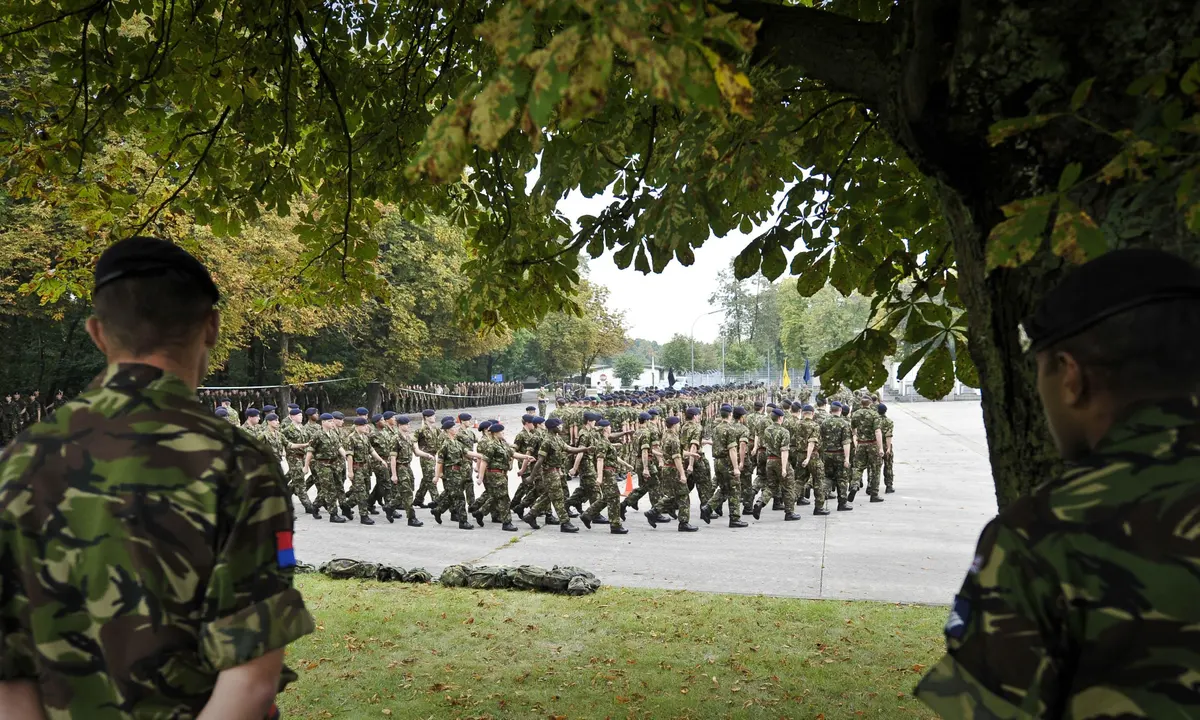All 18-year-olds in Britain will be required to undertake a year of mandatory military or civilian national service if the governing Conservative Party wins the national election on July 4, the party announced on Sunday.
Prime Minister Rishi Sunak pledged to reintroduce a form of national service, a practice not seen in Britain for over 60 years, in an effort to boost his campaign after a rocky start.
Historically, the U.K. enforced military conscription during World War II and mandated 18 months of military service for men between 1947 and 1960. Since then, the country has relied on an all-volunteer military, whose numbers have gradually declined.
Under the new proposal, a minority of 18-year-olds—approximately 30,000 out of an estimated 700,000—would spend a year in the military, focusing on roles such as logistics and cyber defense. The remaining youths would dedicate one weekend a month to volunteering with charities, community groups, or institutions like hospitals, the police, and the fire service.
Sunak emphasized that the initiative would foster “a shared sense of purpose among our young people and a renewed sense of pride in our country.”
The implementation details of the compulsory nature of the service remain unclear. Home Secretary James Cleverly clarified that no one would be forced into military service.
Cleverly further explained that the main aim of the plan was to cultivate “a society where people mix with others outside their communities, from different backgrounds, religions, and income levels.”
The Conservative Party estimated the national service plan would cost £2.5 billion ($3.2 billion) annually, funded in part by reallocating £1.5 billion ($1.9 billion) from the U.K. Shared Prosperity Fund, which was established in 2022 to support impoverished communities.
The opposition Labour Party criticized the proposal as a “desperate £2.5 billion unfunded commitment” from a party “bankrupt of ideas.” Former Labour Home Secretary Alan Johnson dismissed the plan as “compulsory volunteering,” predicting it would never come to fruition.
U.K. elections, held at most every five years, allow the prime minister to set the date within that period. Sunak surprised many, including his own party members, by announcing on Wednesday that the election would be held on July 4. The Conservatives, in power for 14 years, trail the Labour Party, led by Keir Starmer, in opinion polls and face widespread sentiment for change.
Sunak’s election announcement outside 10 Downing Street was marked by heavy rain and protests. His campaign kickoff included a visit to the Belfast shipyard where the ill-fated Titanic was built, a detail that opponents highlighted with relish.
Voters will elect representatives to fill all 650 seats in the House of Commons. The leader of the party that secures a majority in the Commons, either alone or in coalition, will become the prime minister.



